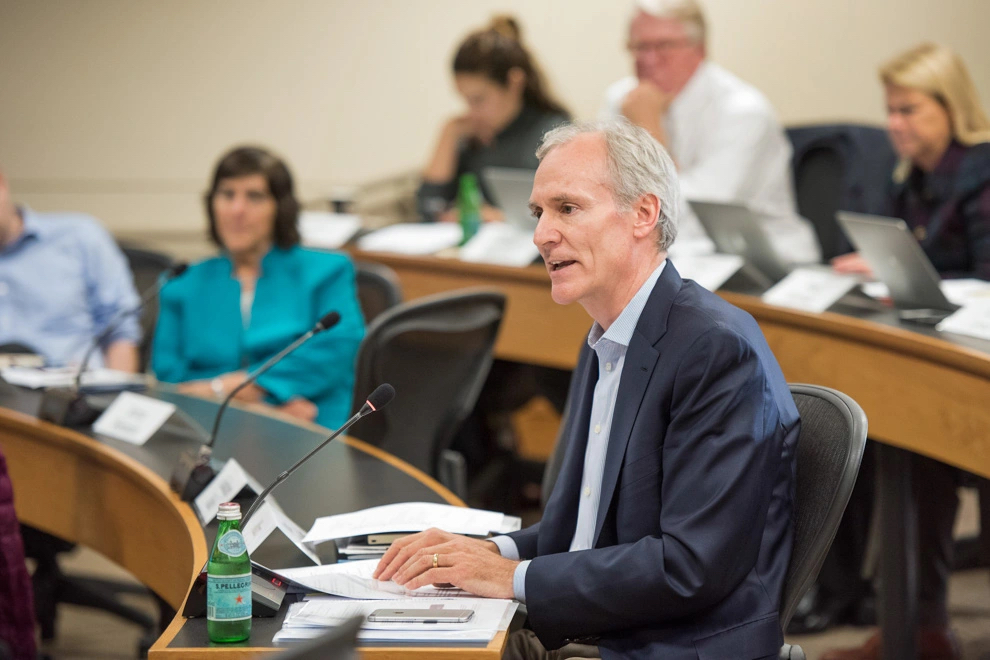Former Stanford President Marc Tessier-Lavigne is now the CEO of a biopharma startup, reported Endpoint News. The company, Xaira, seeks to use artificial intelligence (AI) technology to generate molecules to treat diseases. As of April 23, Xaira already accrued $1 billion in investments.
Xaira doesn’t have a website or specific products to promote yet, and information about the company is limited.
Tessier-Lavigne stepped down as Stanford’s president last August after his research on Alzheimer’s was scrutinized through a formal investigation, following concerns initially reported by The Daily.
The investigation by the University concluded that Tessier-Lavigne did not have knowledge of the fraud in papers from his lab. However, it continues that the cases of fraud occurred with “unusual frequency,” and expressed concern about Tessier-Lavigne’s role in shaping lab culture.
Tessier-Lavigne has a long history in biotechnology. Notably, he also worked at leading biotech company, Genentech, from 2003 to 2011, where he became executive vice president for research and the chief scientific officer.
AI drug development seeks to make drug discovery less expensive and more efficient by streamlining the process of generating novel molecules. The first AI-designed drugs are now beginning clinical trials.
Scientists are split on whether AI has the ability to revolutionize drug development. One Nature editorial claims that because most drugs fail in later stages of development, AI may not play much of a revolutionary role.
Others say that AI drug production is promising because it addresses the inefficiency of drug development. “An estimated 86% of drug candidates developed between 2000 and 2015 did not meet their stated endpoints,” according to an article by Carrie Arnold, adjunct faculty at King’s University College, published in Nature.
With names like Tessier-Lavigne, Stanford Nobel laureate Carolyn Bertozzi, Former United States Commissioner of Food and Drugs Scott Gottlieb and venture capitalists Bob Nelsen and Vik Bajaj onboard the project, the startup has attracted significant media attention. Vik Bajaj is also an adjunct professor at Stanford.
The company has already secured $1 billion in capital commitments from Silicon Valley firms. Tessier-Lavigne’s name brought in support from investors — according to Bloomberg, “some [investors] said they would back the company only if Tessier-Lavigne led it.”
The Daily has reached out to Tessier-Lavigne for comment.
